Group Chats: Cheating Platform or Learning Aid? Hunter’s Still Figuring It Out
Seon Pollard from the Envoy at Hunter College in New York was a winner in Headliners in Education’s April 2021 contest for Best Education Story
Iamage courtesy Marissa Cronin/The Envoy/Hunter College
A Discord screen. Image by Marissa Cronin. Note: the conversation in the image was created for the purpose of illustration and is not real
April 30, 2021
(Seon Pollard from Hunter College in New York was a winner in Headliners in Education’s April 2021 contest for Best Education Story. Read the original story in the Envoy HERE.)
At the beginning of the spring semester, computer science major Isabel Abonitalla created a server for her software and design class on Discord, a digital platform that allows people to communicate and share media online. She created the server to connect with her classmates virtually and foster a space for students to help each other with coursework. 
When Abonitalla’s professor saw that she posted the Discord link on the class discussion board to invite other students to join, he told her that class discussions should take place on Blackboard instead of Discord. After the invite link was removed from Blackboard and she deleted her server, the professor said that they needed to meet with the department chair to discuss the issue further.Abonitalla went into the meeting nervous about the outcome, asking her friends if she could be suspended or expelled. On a Facebook post that now has over 100 reactions and comments, she asked other students for advice on how to deal with the situation.“Can I even get in trouble for something like this? It’s causing stress that I don’t need in my life right now,” she said in the post.During the meeting with her class professor, another professor and the department chair, the 22-year-old was so nervous that she had a panic attack.
“I survived my meeting with three professors, but not without having a panic attack halfway through,” she said in a comment on her post that updated students about the situation. “I had to cry, hyperventilate and feel like a child in there.”
Even though CUNY’s academic integrity policy does not specifically say anything about group chats, the department chair told Abonitalla that she could have gotten in trouble. From the chair’s understanding of the policy, if someone used Abonitalla’s Discord server to cheat, she would be an accomplice to the situation because she made the server. Examples of cheating listed in that policy include copying from a student’s work during exams, communicating electronically during exams and collaborating on take-home assignments meant for one person.
Although CUNY’s policy includes “giving assistance to acts of academic misconduct/dishonesty” as cheating, it does not explicitly say anything about actions involving group chats. So, it is unclear if someone in Abonitalla’s situation could actually be an accomplice. Hunter College officials did not respond to The Envoy’s request for comment on this matter nor whether the school has any uniform policy on group chats.
While Abonitalla was relieved that she was not in trouble, she said the professors could have been clearer about the issue from the beginning and handled the situation differently.
“They could have just emailed me instead of stressing me out,” she said. “Or informed me that I wasn’t in any trouble.”

A Discord screen. Image by Marissa Cronin. Note: the conversation in the image was created for the purpose of illustration and is not real
Before last March, students would form study groups, talk about classwork and homework and socialize with their classmates in-person and out of class. With remote learning underway since last year, students have been using WhatsApp, Discord, Slack, group texts and other digital platforms as a way to do all of those things virtually. Although some find group chats useful for these reasons, there are also concerns of academic dishonesty.
“We help each other. It’s so great,” said another computer science major, Tom Reingold, about the collaboration that takes place in the WhatsApp chat for his math class. When someone does not understand a homework question, they can put it in the chat where other students share the correct solution to help that person understand.
Reingold finds that group chats can be beneficial because students rely on each other, instead of bothering the professor every time they have a question or concern. “Or ask for the 100th time, what date is our quiz on?” he said.
Political science major Ariana Lane said the group chats she has for several classes allow her to talk through ideas with her classmates until she understands key concepts.
“To be able to write in the chat, ‘I don’t understand what the author is saying’ and have a peer respond with ‘I think they mean this but I see how they could mean this or that” is helpful, she said.
Since most people do not have in-person classes at this time, Lane said that it is also nice to have a place to talk about things not related to academics.
Abonitalla told The Envoy that while she understands the professors were concerned about cheating, she “thought it was important to make the Discord server because Blackboard discussion boards are not conducive to casual conversation.”
Aside from the benefits, some people are more cautious about group chats because of the potential threat to academic integrity. In an email sent to students on March 19, Hunter College’s Office of Student Conduct notified students about the rise in academic dishonesty and urged students to avoid actions that may constitute it.
“There has been a significant rise in plagiarism and cheating in shared web-based platforms like WhatsApp and Discord,” said the office’s email. “Though we understand the need for community building especially during distance learning, unauthorized collaboration on such platforms is engaging in academic dishonesty.”
The email also said that punishments for academic dishonesty include things like failing or reduced grades, suspension or expulsion.
Other students, like biology major Srinjoy Goswami, have found ways to avoid academic trouble. As a group admin, he restricts all group members from sending messages on WhatsApp for the duration of the exams to prevent people from using the chat to cheat.
“Anything that happened in the main group chat for the class, we limited it so that we would both respect the class as well as our academic and personal integrity,” said Goswami, who manages three WhatsApp groups for his science classes this semester. He hasn’t told his professors about these group chats, but he says they might know anyway.
Goswami also said that people have posted Google document links before exams, inviting others to add notes to that document so that they can use it to cheat. He and the other chat admins delete those messages within minutes.
To discuss things related to the class, Abonitalla says that students continue to use the chat function during their class meetings on Blackboard Collaborate, similar to how students communicate using Zoom chat. However, she prefers Discord or Slack.
She also says that there is room for better communication between professors and students regardless of the platform and that professors should be more understanding. She is appreciative of one of her professors who created a Discord server for students, which made her own server for that class obsolete.
As for Goswami, he says the benefits of class group chats are not limited to remote learning and that they can still be useful when in-person learning resumes.
“These should continue even when we go back to in-person,” he said. “I’ve found them very helpful throughout this COVID time to be able to communicate with everybody.”
–HiE–

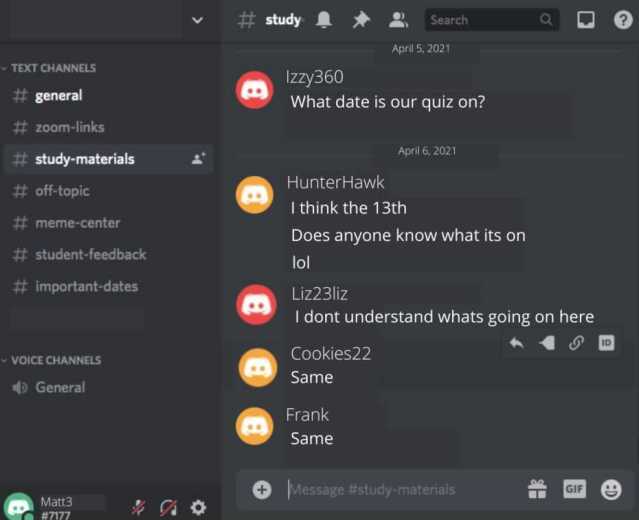


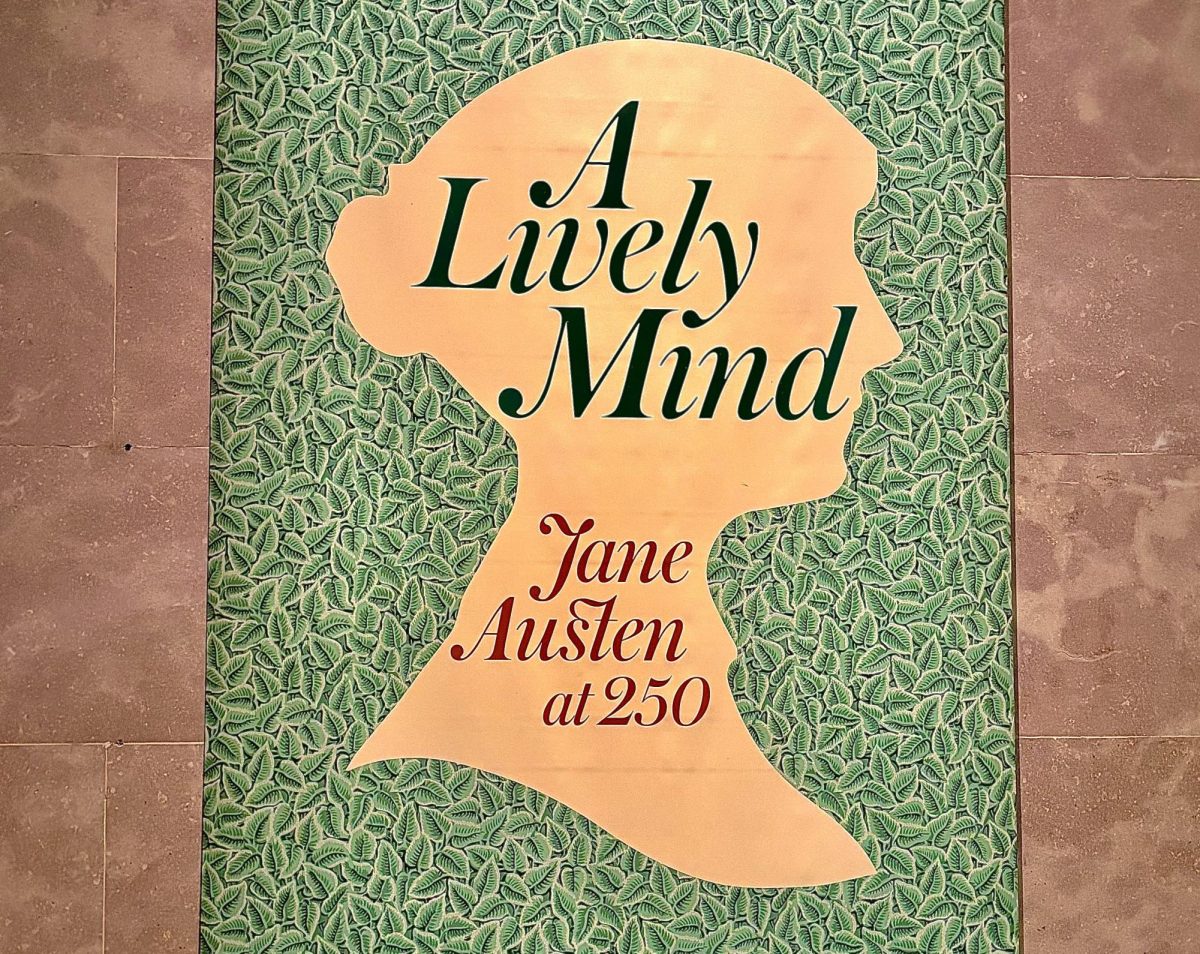








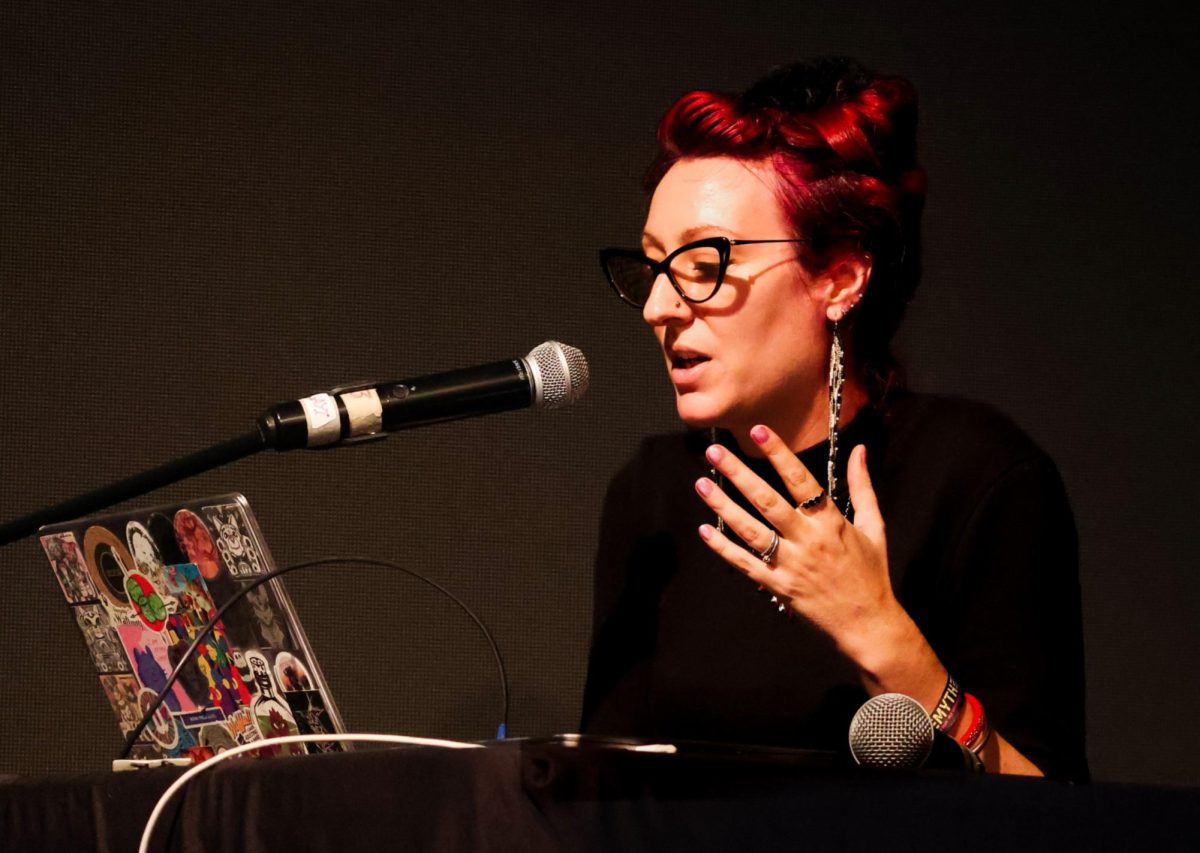
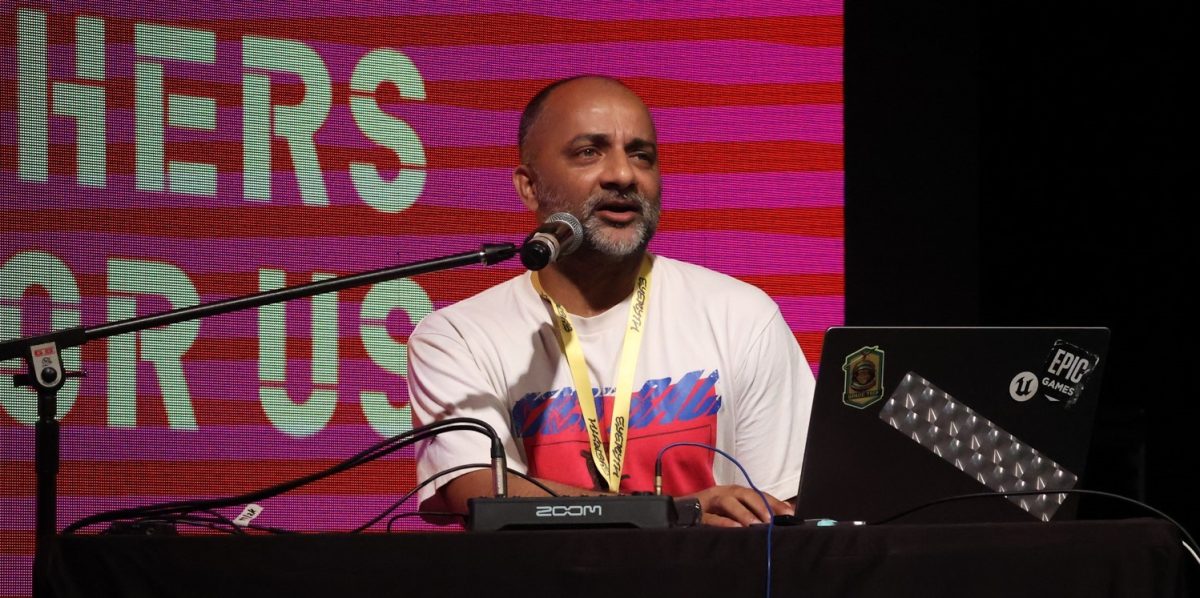
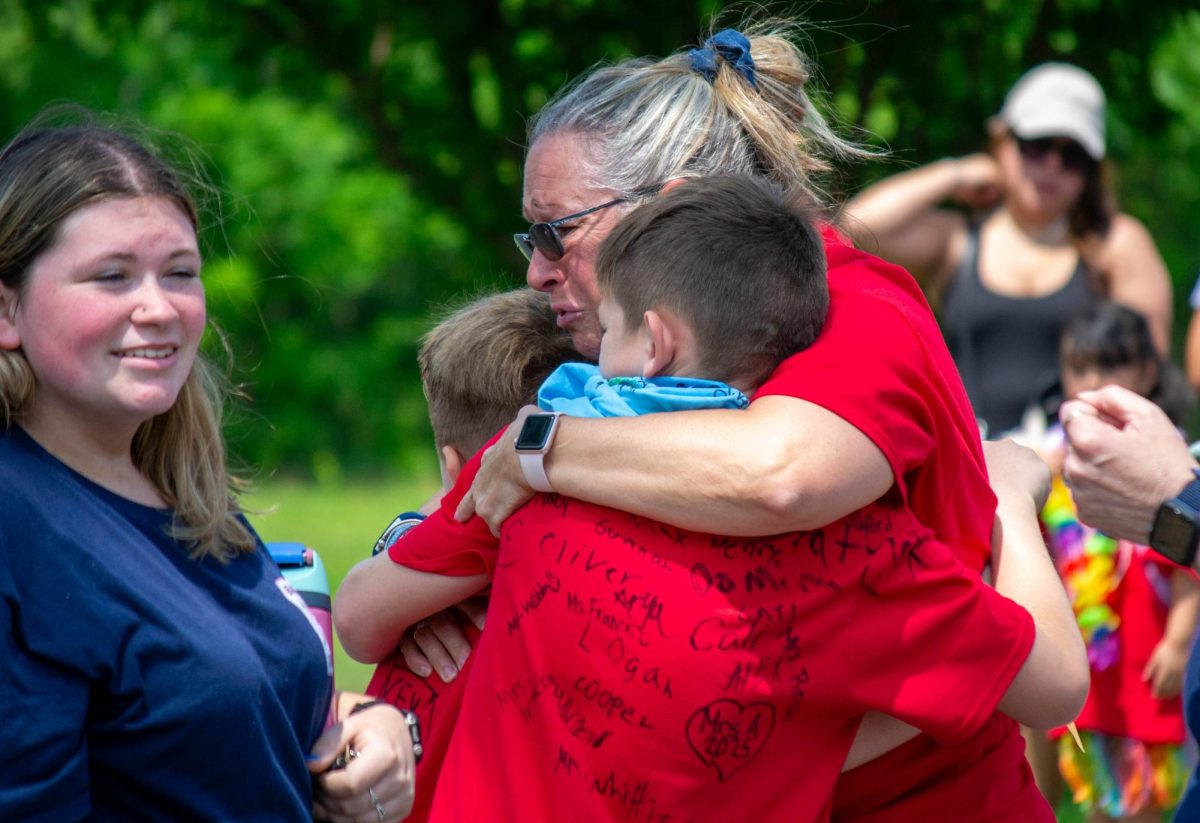

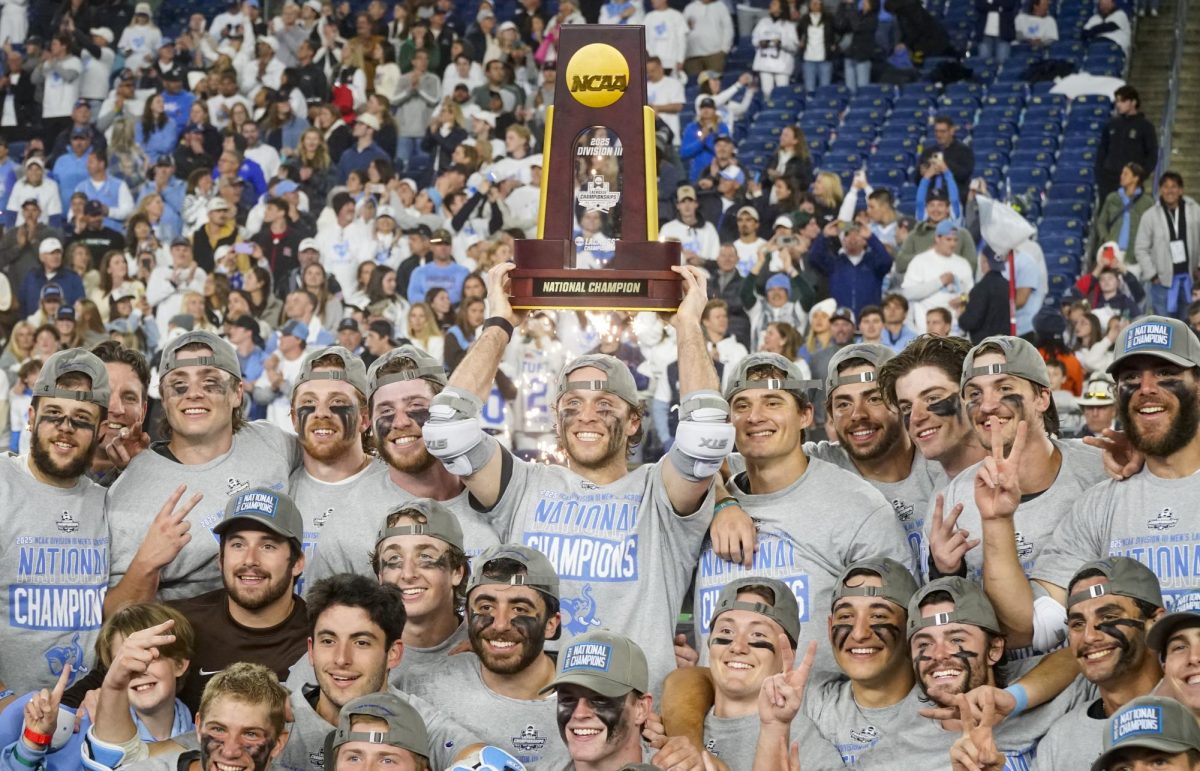

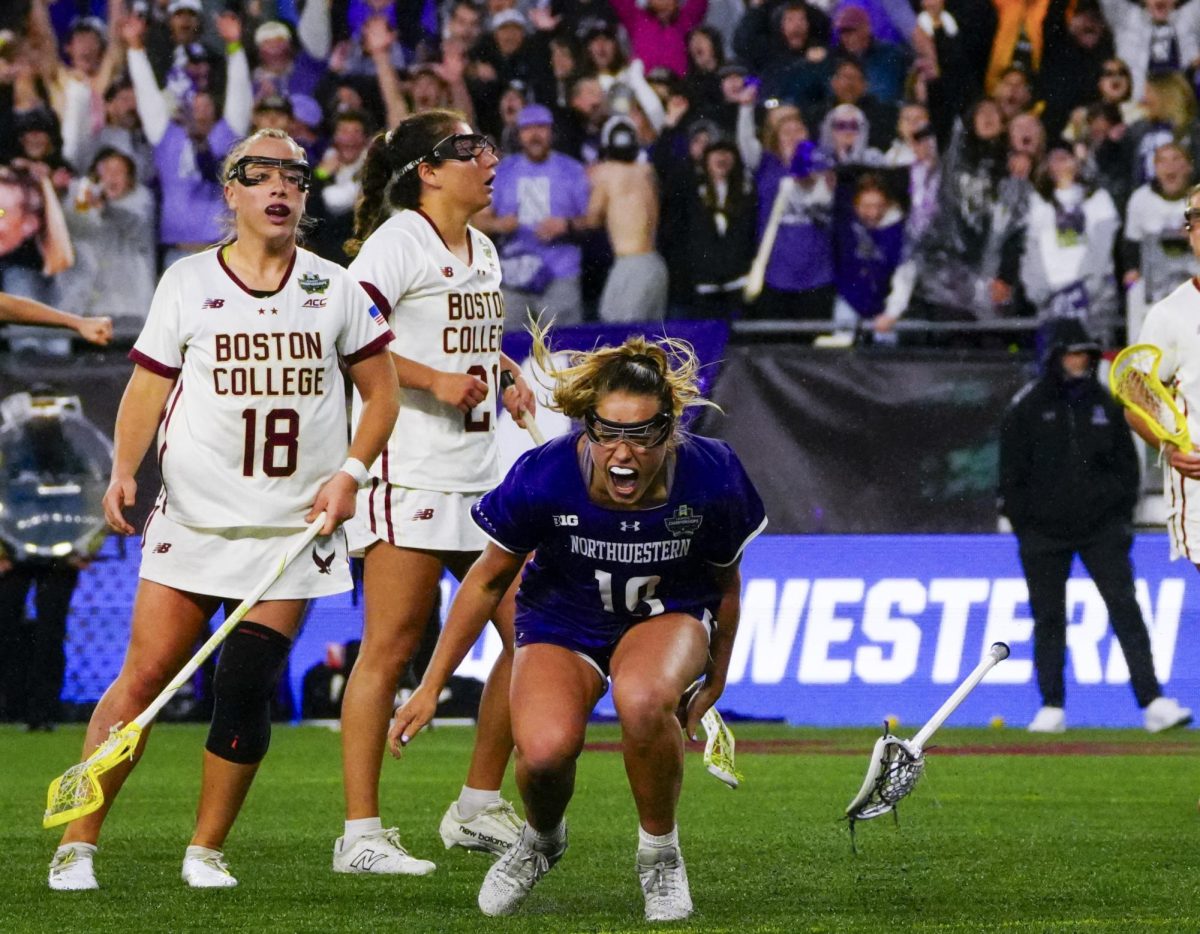

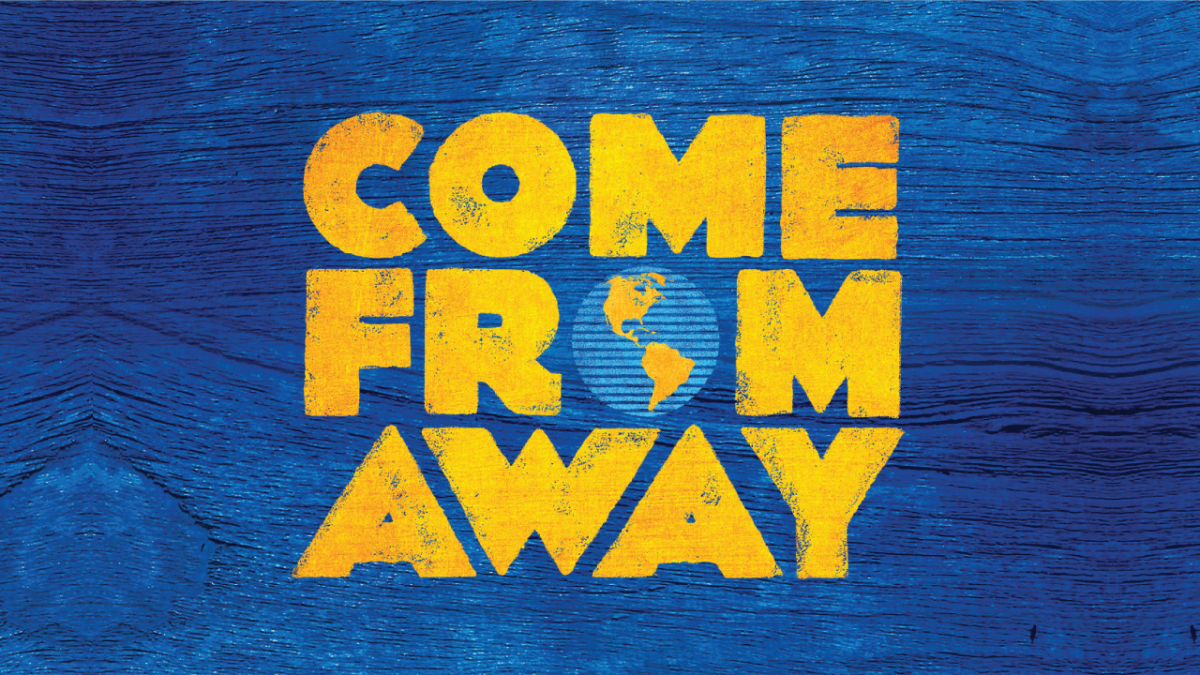

Koffi Bentum • Jun 18, 2024 at 12:37 am
Awesome storytelling!
Anthony John Regner • Jan 16, 2022 at 9:43 pm
Thank you so much for this post! I am relieved that I am not alone in this situation.
After my instructor discovered that I have created a Discord server for discrete mathematics, my classmates and I were put under stress. While my instructor assures that I have freedom to run my Discord server whatever I want, I am still being held responsible for all the actions that occurs in my Discord server. I have to make sure that all of my classmates follow the Academic Integrity policy, and no cheating happens at all.
Advice for group chats: If anyone is going to make a group chat for your classes, make sure that you read the syllabi first! Please check whatever collaboration is not explicitly prohibited. Then, set up rules that are consistent with the ones outlined in your instructor’s syllabi. I am not saying this to be restrictive, but to minimize trouble, because of group chats.
Prof Gregg W. Morris • May 27, 2021 at 7:06 am
“Even though CUNY’s academic integrity policy does not specifically say anything about group chats, the department chair told Abonitalla that she could have gotten in trouble. From the chair’s understanding of the policy, if someone used Abonitalla’s Discord server to cheat, she would be an accomplice to the situation because she made the server. Examples of cheating listed in that policy include copying from a student’s work during exams, communicating electronically during exams and collaborating on take-home assignments meant for one person.”
ABONITALLA SHOULD CONTACT AN ATTORNEY FOR LEGAL ADVICE even if she’s graduated . The Student Press Law Center (https://splc.org/) would be a good start. FIRE (https://www.thefire.org/) would be another. And, of course, the New York Civil Liberties Union, easy to find on the web or Facebook. Students need to know their rights and how to protect them.